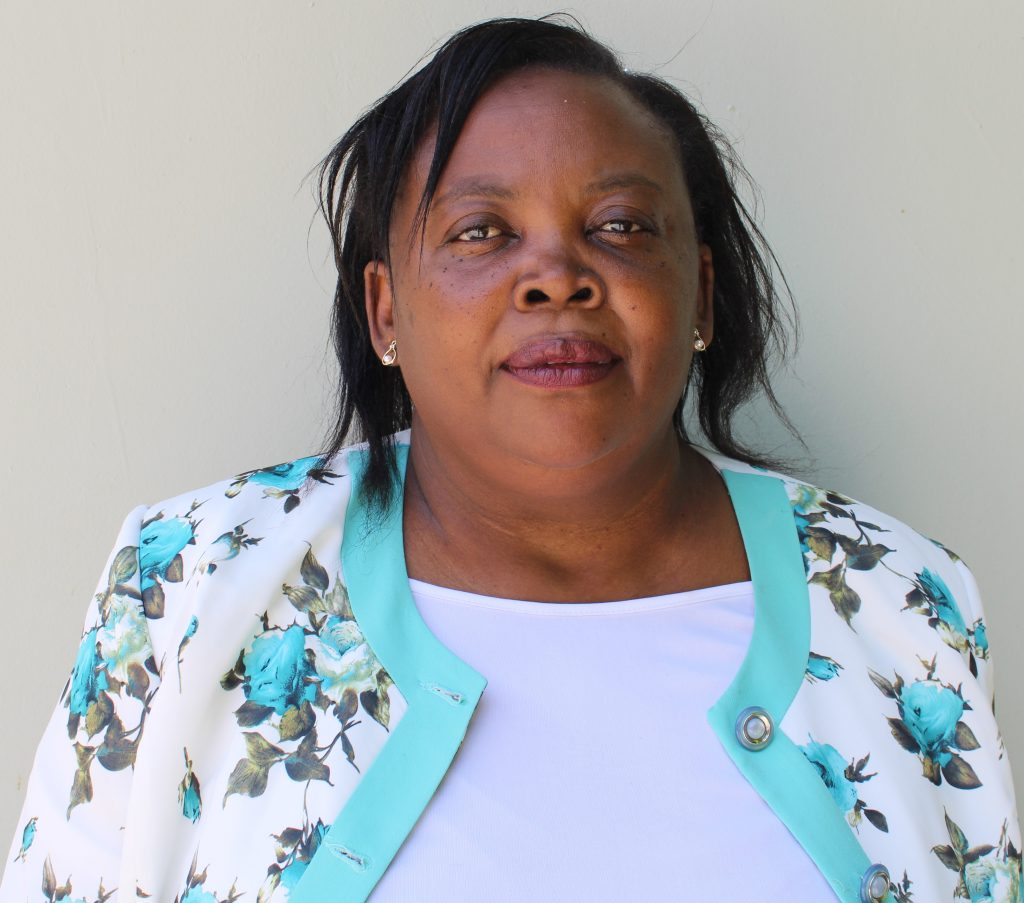
Zambia National Education Coalition (ZANEC) is pleased to join the global community in commemorating the International Day of the Girl Child which falls on 11th October. This international commemoration allows us to reflect on our achievements and shortcomings in addressing the challenges that girls are facing in realizing their right to education, and in ensuring a better tomorrow for them.
The theme for this year is “Girls’ Vision for the Future”. The theme is reminding us to empower girls, amplify their voices, and support them through progressive strategies and policies that ensure a better future for our Girls. Girl child education is vital to the growth of a nation as they will be well equipped to contribute effectively to the family, community, and national economic development as well as the attainment of the Sustainable Development Goals (SDGs) by 2030. Indeed, as one famous African proverb states “If you educate a man, you educate an individual, but if you educate a woman, you educate a nation”. Therefore, it is good for Zambia to ensure that all girls are educated regardless of their ability, social, cultural, and economic status and location. As this will not only contribute to national development but also reduce high poverty levels among women and enhance household productivity and financial independence.
Supporting the vision of the girl child is critical to realizing a future where every girl can reach her full potential and create lasting change in our country. To ensure a future where every girl has a right to a safe, educated, and healthy life, free from the barriers of discrimination, inequality, and violence. Therefore, we need to invest in the education and well-being of girls as our future leaders, innovators, and change-makers who will drive social and economic progress. By promoting their talents and providing them with equal opportunities, we enable girls to fulfill their dreams, break cycles of poverty, and contribute meaningfully to national development.
It is sad to note that despite, many international declarations, development goals, and the government’s significant efforts to promote girl child education, globally 122 million girls are out of school, and women still account for almost two-thirds of adults unable to read and write. In Zambia, 29% of girls get married before the age of 18, and currently women represent only 14.97% of Members of Parliament an indication that gender disparity in education and key decision-making positions continues to exist.
Furthermore, it is unfortunate that the cases of early marriages and teenage pregnancies account for the large number of girls who are out of school. It is also evident that more girls in rural areas still struggle to access learning opportunities, due to inadequate infrastructure, teacher shortages, and negative cultural norms and practices that continue to affect girls’ education. According to the 2020 Education Statistical Bulletin produced by the Ministry of Education, as a country, we have 105,700 girls who are out of school as a result of the high drop-out rate. Additionally, 16,491 girls got pregnant, and only 7,954 were readmitted representing a 48.4% readmission rate.
The above statistics are an indication that more needs to be done so that a girl child has an equal opportunity for quality and equitable education to safeguard her future. We, therefore, take this opportunity to urge the Ministry of Education and all other relevant stakeholders to leverage international instruments and focus on the effective implementation and enforcement of various national policies and Acts that safeguard, protect, and promote girl’s tights such as the Children’s Code Act No.12 of 2022, Child Participation Policy, Gender Equity and Equality Act No. 22 of 2015, Anti Gender-Based Violence Act No. 1 of 2011, the Free Education Policy and the Re-entry Policy Guidelines among others.
Finally, we wish all our girls a fruitful commemoration of the 2024 International Day of the Girl Child.
For/ZANEC
George Hamusunga
Executive Director
Find Us on Social Media